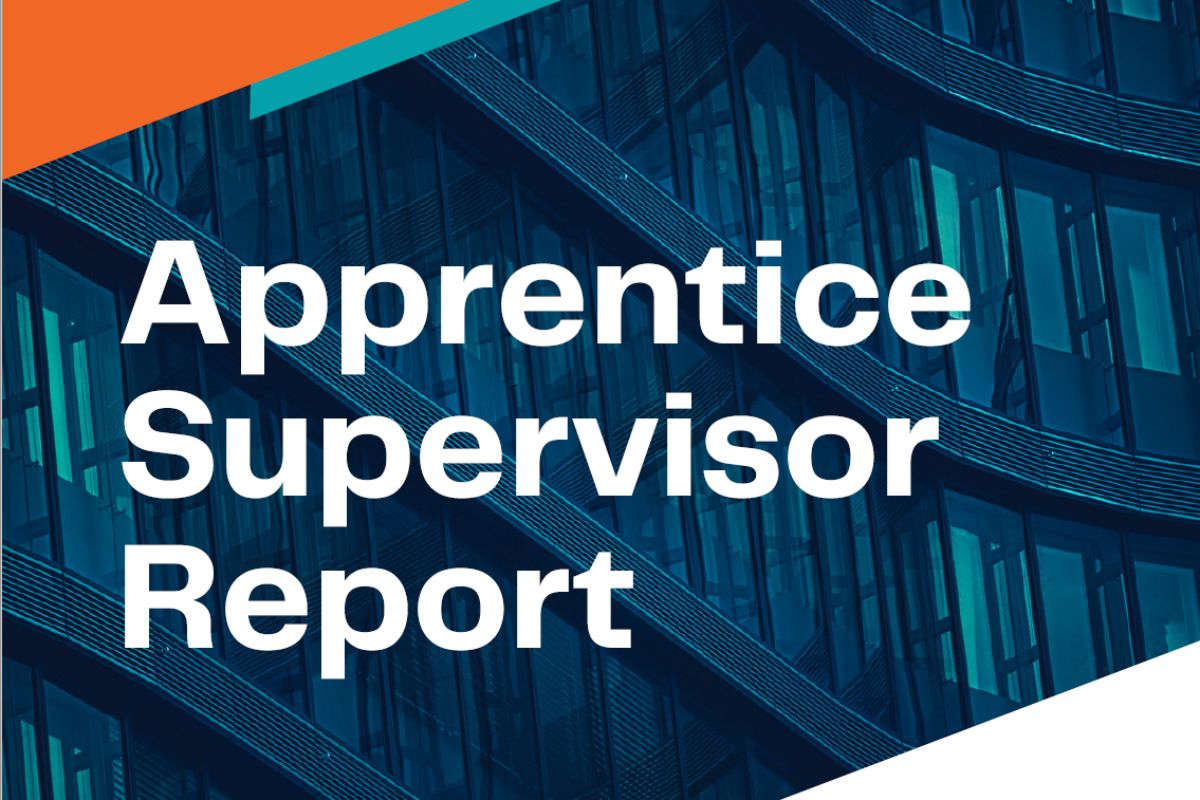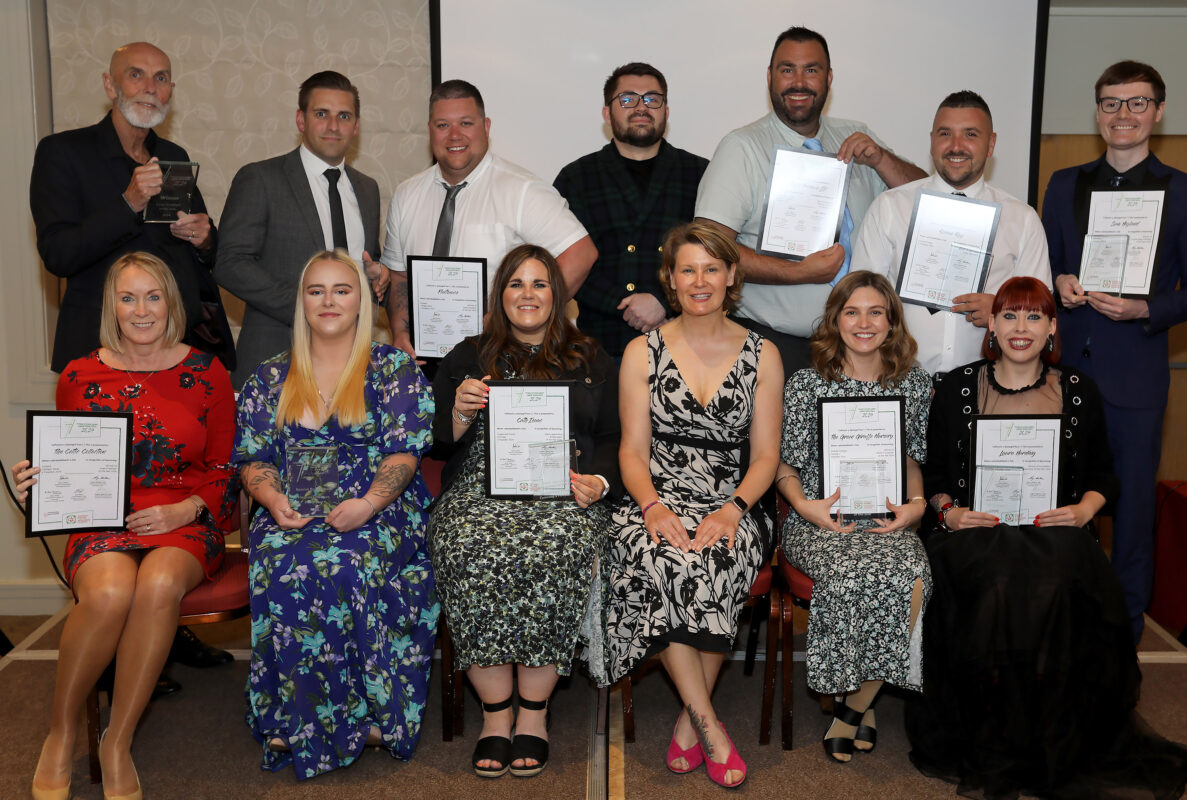Children who enjoy reading and writing have significantly better mental wellbeing #Literacy25

Charity behind Middlesbrough Reads campaign finds that children in the North East who engage with reading and writing in their free time are twice as likely to have high mental wellbeing than peers.
Children and young people in the North East who read and write in their free time have significantly better mental wellbeing than their peers, according to the National Literacy Trust’s Mental wellbeing, reading and writing report, published today (3 Oct). The charity works to raise literacy levels in Middlesbrough through its National Literacy Trust Hub, which is known locally as Middlesbrough Reads.
The report shows that children in the North East who are the most engaged with reading and writing outside school (i.e. those who enjoy it, do it daily and have positive attitudes towards it) have considerably better mental wellbeing than their peers who are the least engaged with reading and writing (Mental Wellbeing Index scores of 7.9 out of 10 vs 6.9 out of 10) [2]. What’s more, these children are twice as likely to have high mental wellbeing than their disengaged peers (40.1% vs 17.5%).
All schools in Middlesbrough have access to free wellbeing-inspired teaching resources for primary and secondary schools created by the National Literacy Trust and children’s mental health charity, Place2Be. This includes book lists and assembly plans.
The charities have also created a series of top tips and activity ideas to help parents use reading and writing to support their child’s mental wellbeing.
The Mental wellbeing, reading and writing report, based on a survey of 49,047 UK school children aged 8 to 18, also found that nationally:
- Children who are the most engaged with reading and writing are much happier with their lives than children who are the least engaged (life satisfaction scores of 7.9/10 vs 4.7/10)
- As children transition from primary to secondary school, their levels of literacy engagement and mental wellbeing both decline and continue on this downward path [3]
- Boys who are the most engaged with reading and writing have higher mental wellbeing than girls who are also very engaged (Mental Wellbeing Index scores of 8.1/10 vs 7.6/10)
The charity also explored the link between reading skills and mental wellbeing, finding that children in the UK with above expected reading skills are three times more likely to have high mental wellbeing than their peers with below expected reading skills (40.3% vs 13.1%) [4].
Jonathan Douglas, Director of the National Literacy Trust, said: “Children and young people today face a multitude of pressures at school, at home and in their social lives. It is imperative that we do everything we can to enable our children to develop the resilience they need to cope with life’s challenges – and our latest research shows that the joys of reading and writing can be hugely beneficial. Not only does a love of reading and writing enable children to flourish at school, but we now also know it can play a vital role in supporting children to lead happy and healthy lives.”
Catherine Roche, Chief Executive of Place2Be said: “Escaping in a good story is not only a great way to cope when you’re feeling stressed or worried, but can also be a fantastic opportunity for children to explore difficult feelings, understand them, and feel less alone. We often use characters and stories in our group work in schools to encourage children to explore their own feelings and behaviours. Whether you relate to Harry Potter or the Hulk, if we want to help children to build their resilience and cope with life’s inevitable challenges, spending time with your child and encouraging a love of reading and writing is a good place to start.”
Allison Potter, Manager of the National Literacy Trust Hub in Middlesbrough said: “For the last five years, we’ve delivered a range of events and activities in Middlesbrough to inspire children to enjoy reading and writing. This exciting new research shows the important link this has to children’s wellbeing, as well as their success at school. We hope that schools across the town will utilise our wellbeing-themed teaching resources, which show pupils how they can look after themselves and feel better by reading.”
[1] National Literacy Trust (2018) Mental wellbeing, reading and writing: The report is based on findings from the National Literacy Trust’s eighth Annual Literacy Survey. 49,047 children and young people, aged 8-18, from across the UK (England = 45,947, Scotland = 2,590, NI = 355, Wales = 155) responded to the survey between November 2017 and January 2018
[2] Mental Wellbeing Index:
- The National Literacy Trust has developed a Mental Wellbeing Index, which is a composite measure of children’s life satisfaction, coping skills and self-belief
- The Mental Wellbeing Index score ranges from 1-10, with 10 being the highest level of mental wellbeing
- High and low mental wellbeing are defined by the sample quartiles: low mental wellbeing = a Mental Wellbeing Index score in the range of 1-6; and high mental wellbeing = a Mental Wellbeing Index score in the range of 8.6-10
[3] Mental Wellbeing Index scores for pupils in Key Stages 2 to 5:
|
Key stage |
Average Mental Wellbeing Index score (out of 10; where 10 is the highest) |
Average Literacy Engagement score (out of 52; where 52 is the highest) |
|
2 |
7.8 |
38.2 |
|
3 |
7.2 |
34.3 |
|
4 |
6.7 |
32.3 |
[4] Reading skill data was gathered for 1,098 pupils aged 11-15 who took part in the Annual Literacy Survey
About the National Literacy Trust: We are an independent charity dedicated to raising literacy levels in the UK. Our research and analysis make us the leading authority on literacy. We run projects in the poorest communities, campaign to make literacy a priority for politicians and parents, and support schools.
The National Literacy Trust is celebrating its 25th anniversary in 2018! For 25 years we have led the campaign to transform the future of the UK’s most disadvantaged young people by improving their literacy levels. You can find out more about our work in our Impact Report 2016/17, including a timeline of our 25 year history. To stay up-to-date with our campaign, follow #Literacy25 on social media.
Visit www.literacytrust.org.uk to find out more, donate or sign up for our free email newsletter. You can also find us on Facebook, Twitter and Instagram.
The National Literacy Trust is a registered charity no. 1116260 and a company limited by guarantee no. 5836486 registered in England and Wales and a registered charity in Scotland no. SC042944. Registered address: 68 South Lambeth Road, London SW8 1RL.
About the National Literacy Trust Hub in Middlesbrough: An initiative from the National Literacy Trust, Middlesbrough Council and South Tees NHS Foundation Trust, branded locally as Middlesbrough Reads.
Previously known as the Middlesbrough Reading Campaign, the initiative has been active in the city since 2013. A range of partners work together to improve literacy levels in the city and promote reading, writing, speaking and listening.
About Place2Be: A children’s mental health charity providing school-based support and in-depth training programmes to improve the emotional wellbeing of pupils, families, teachers and school staff.
- Working in partnership with schools, teams of mental health professionals help to create a culture of openness and promote positive mental health, ensuring that potential problems can be identified at an early stage and that children can access support in a safe and familiar environment.
- Place2Be takes an evidence-based approach – gathering, analysing and using data to challenge and improve services.
- The charity’s Mental Health Champions programmes for School Leaders and Class Teachers combine expert consultation, advice and training to help build understanding, skills and knowledge of mental health in schools.
- The Art Room at Place2Be provides a group work intervention in schools using creativity and art to improve the wellbeing of pupils experiencing emotional or behavioural difficulties.
- Place2Be is also a leading provider of specialist training and university-validated child counselling qualifications, from introductory level to Postgraduate Diploma and Masters.
- HRH The Duchess of Cambridge became Patron of Place2Be in 2013, reflecting her personal interest in and commitment to improving the mental health and emotional wellbeing of children.











Responses